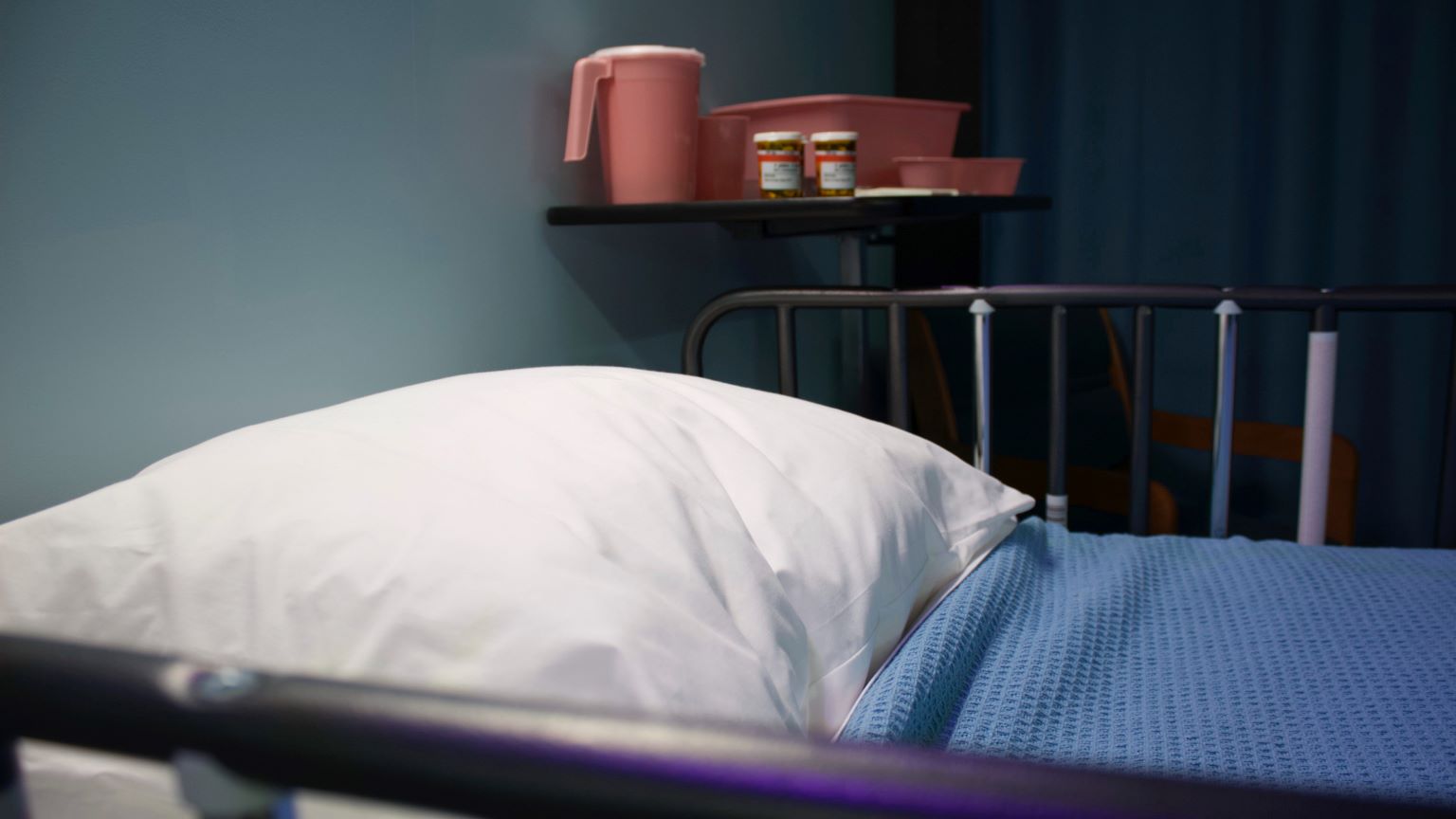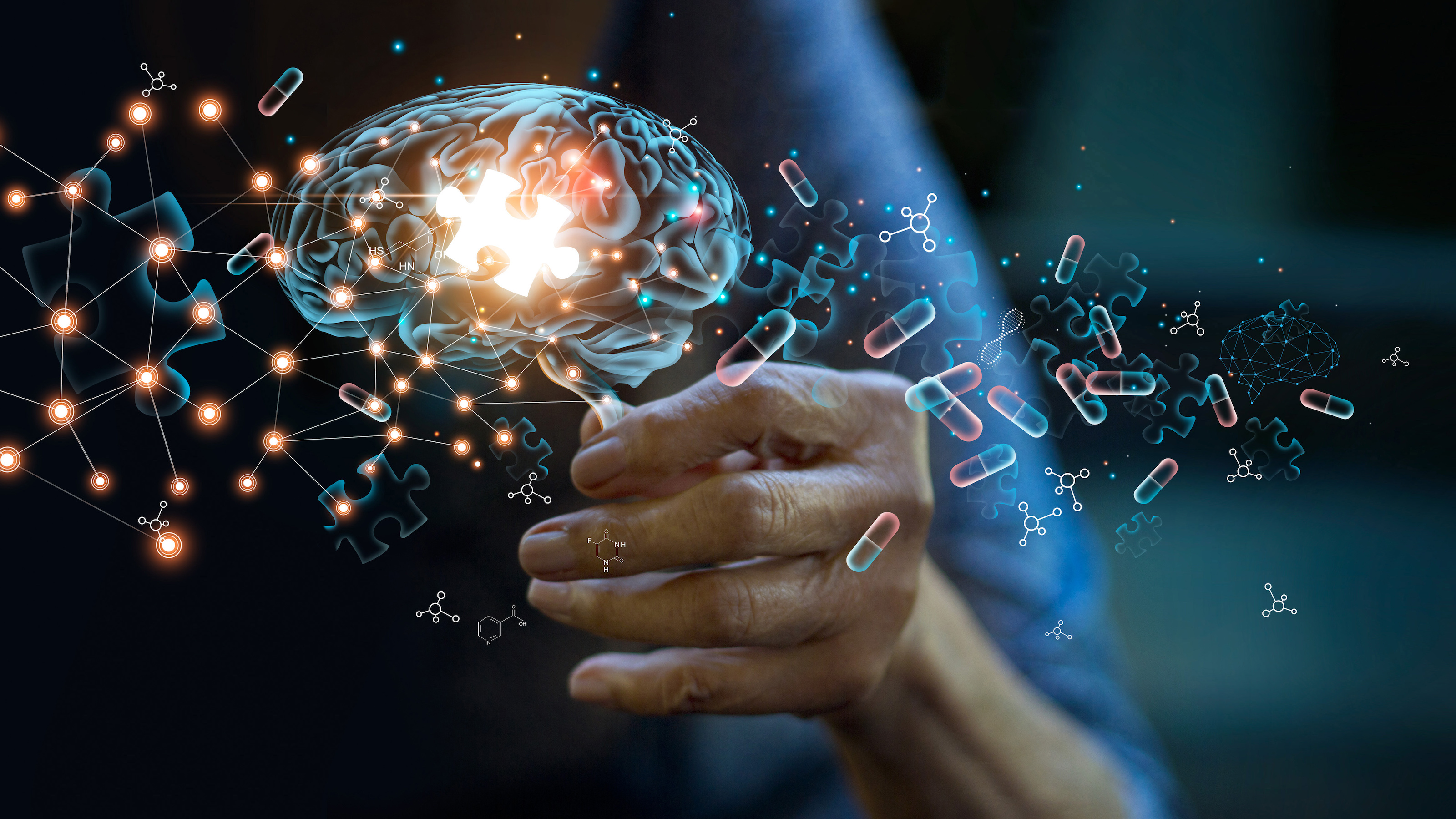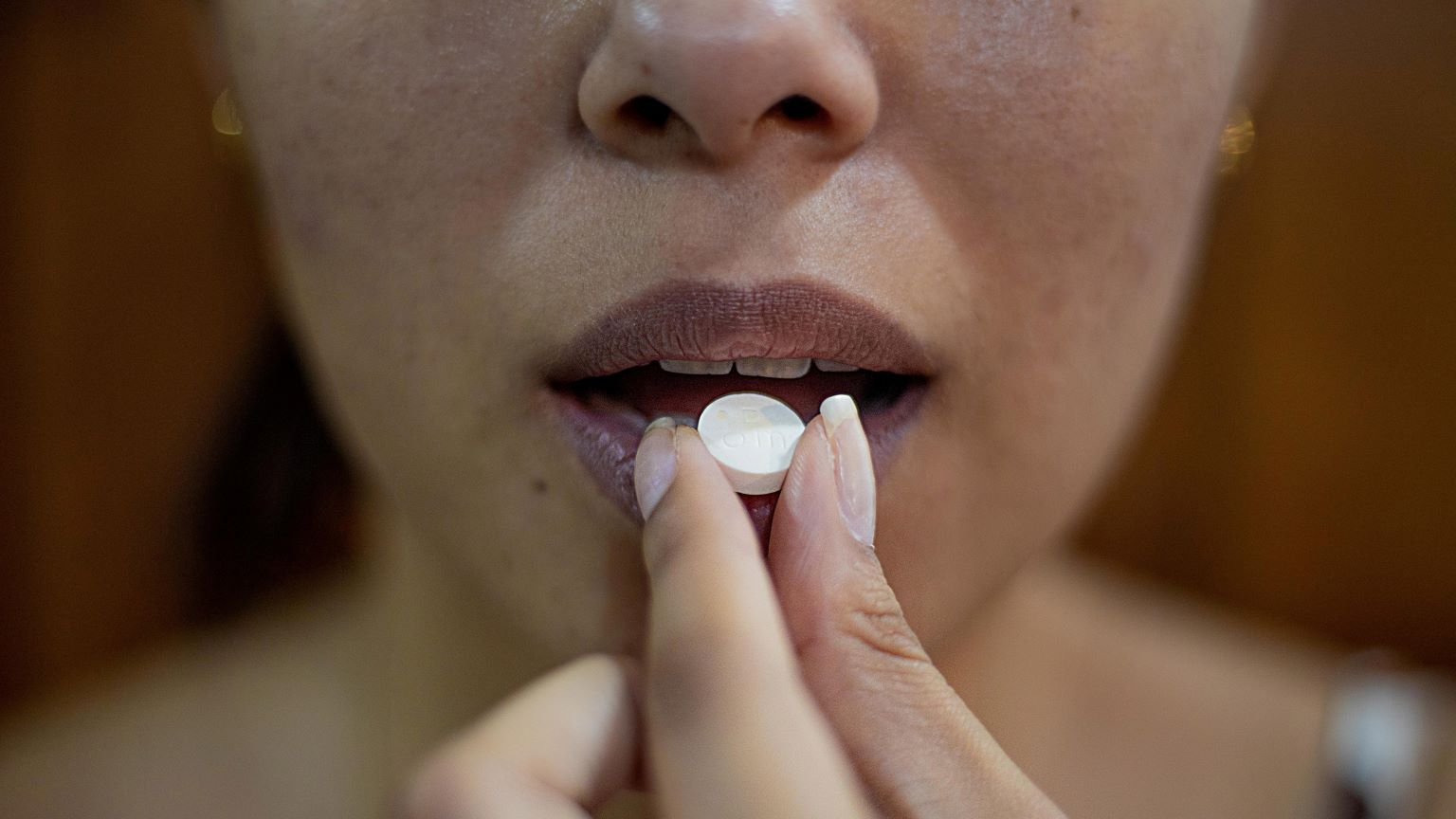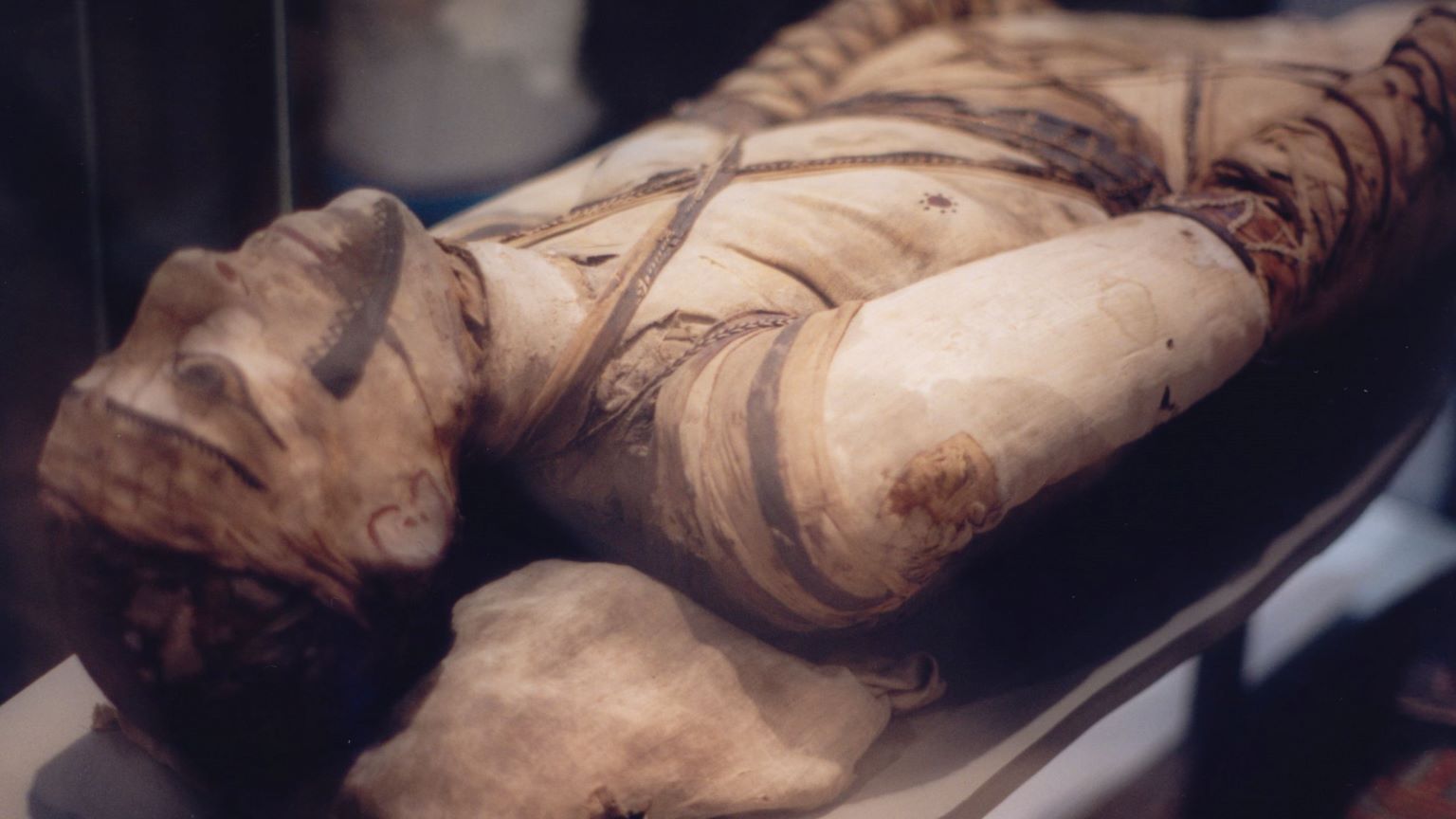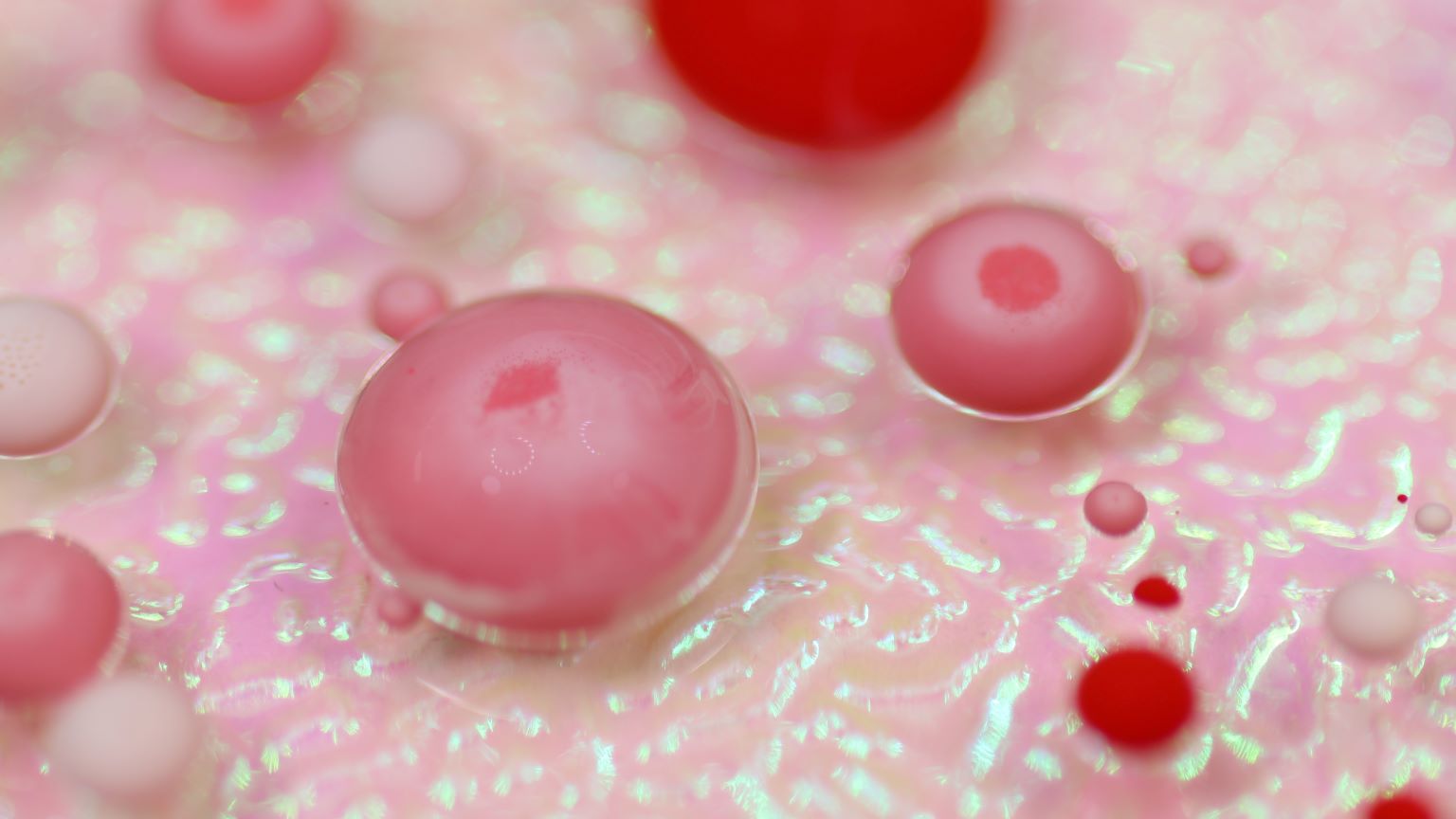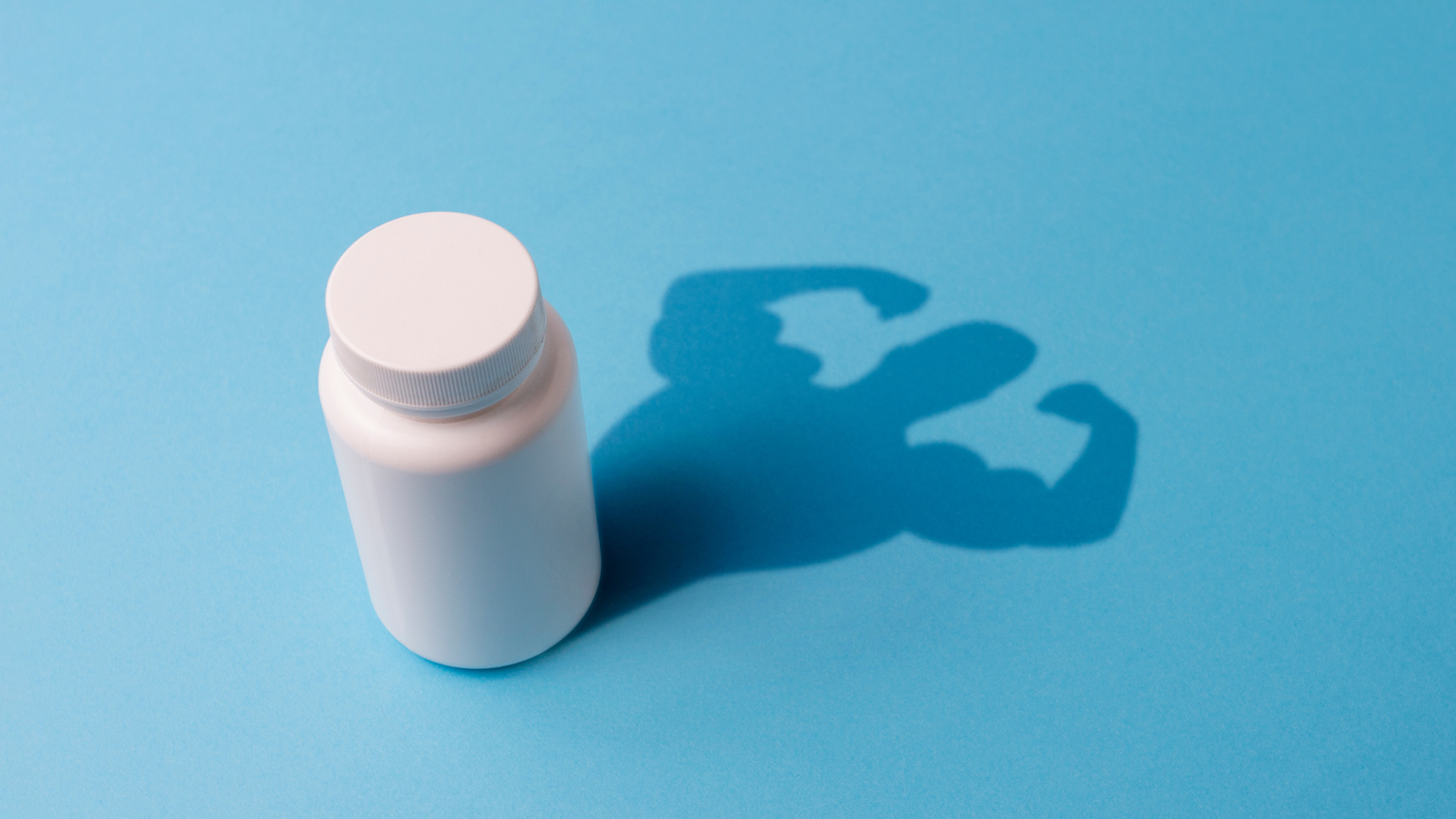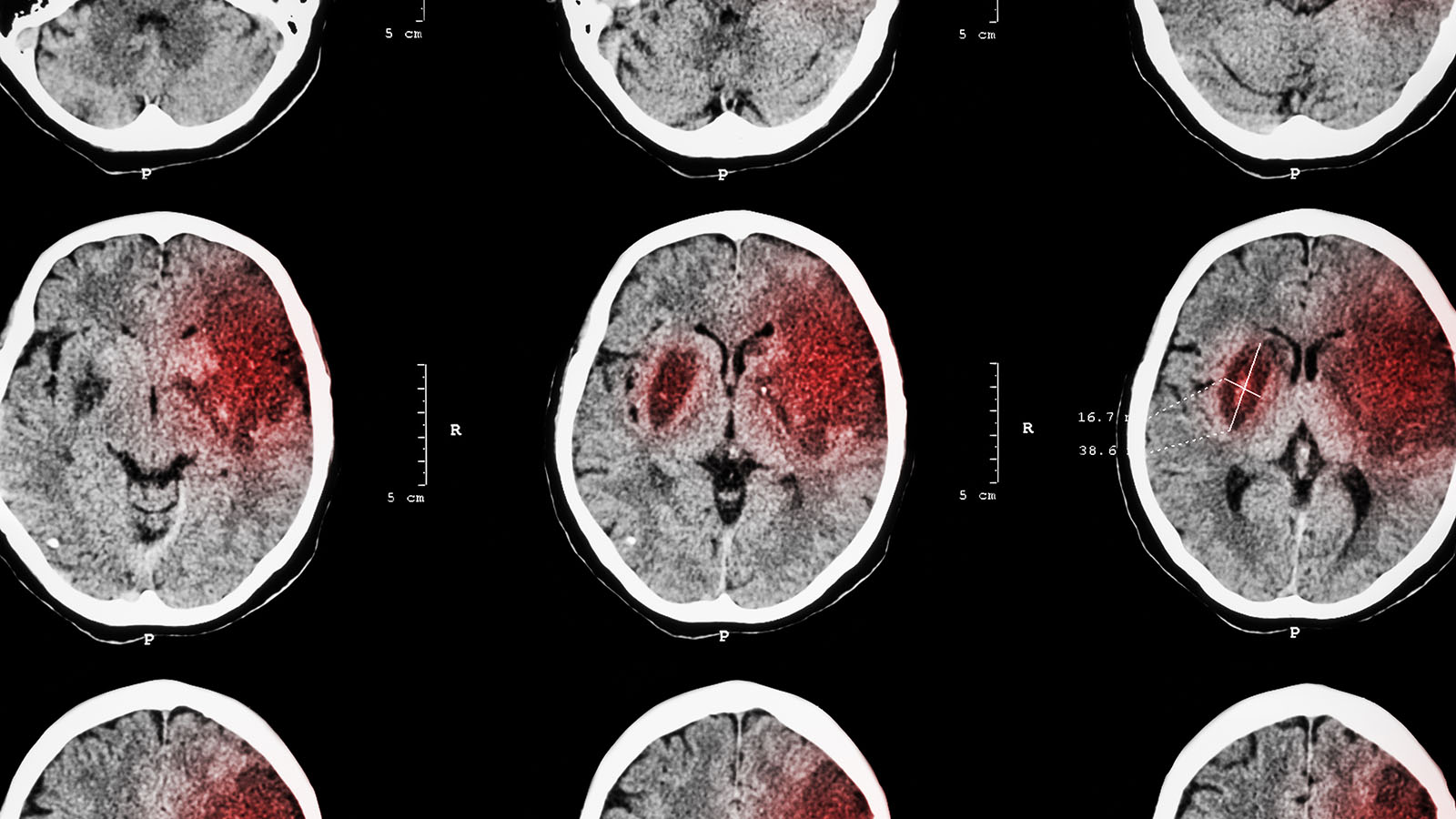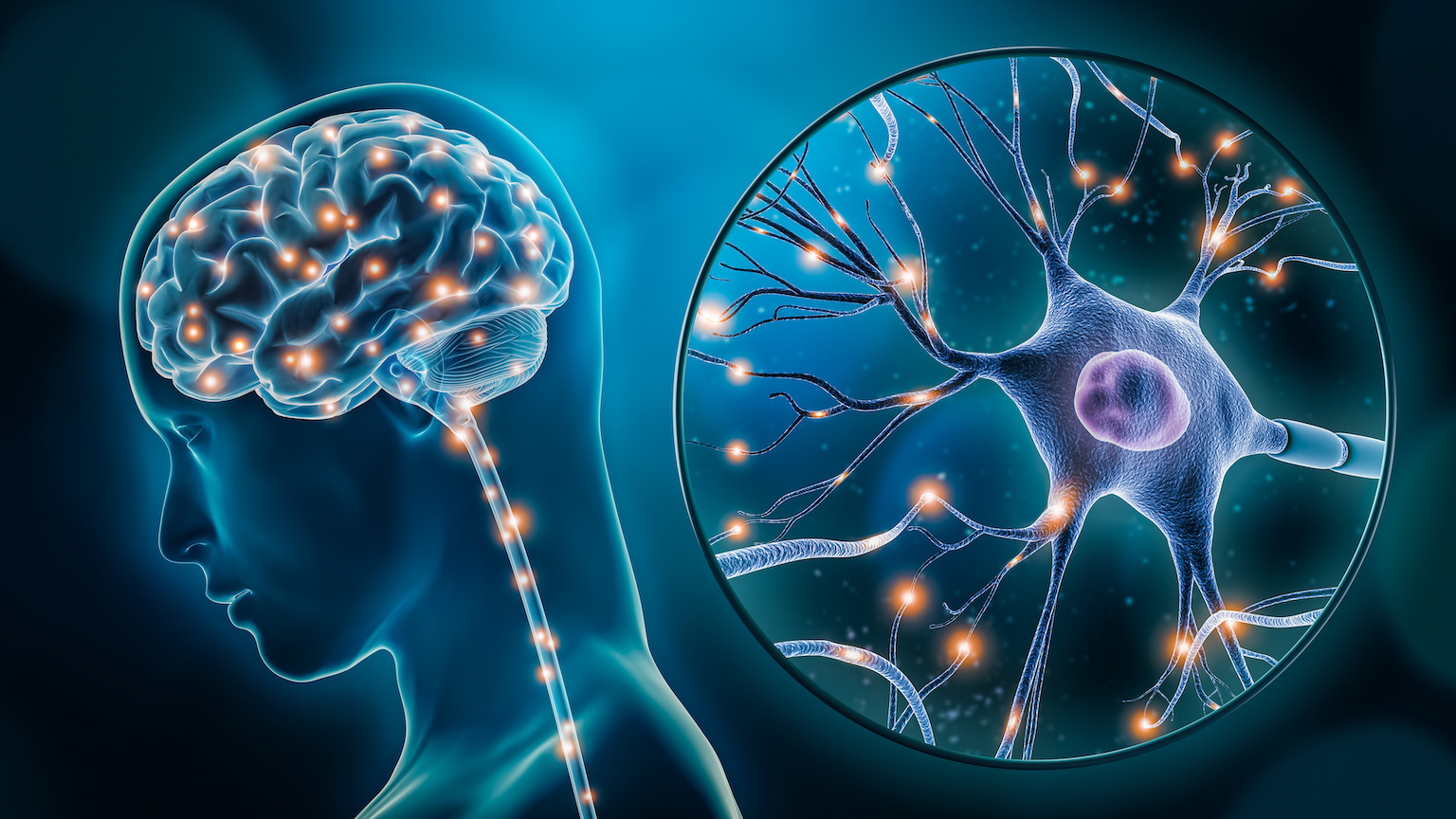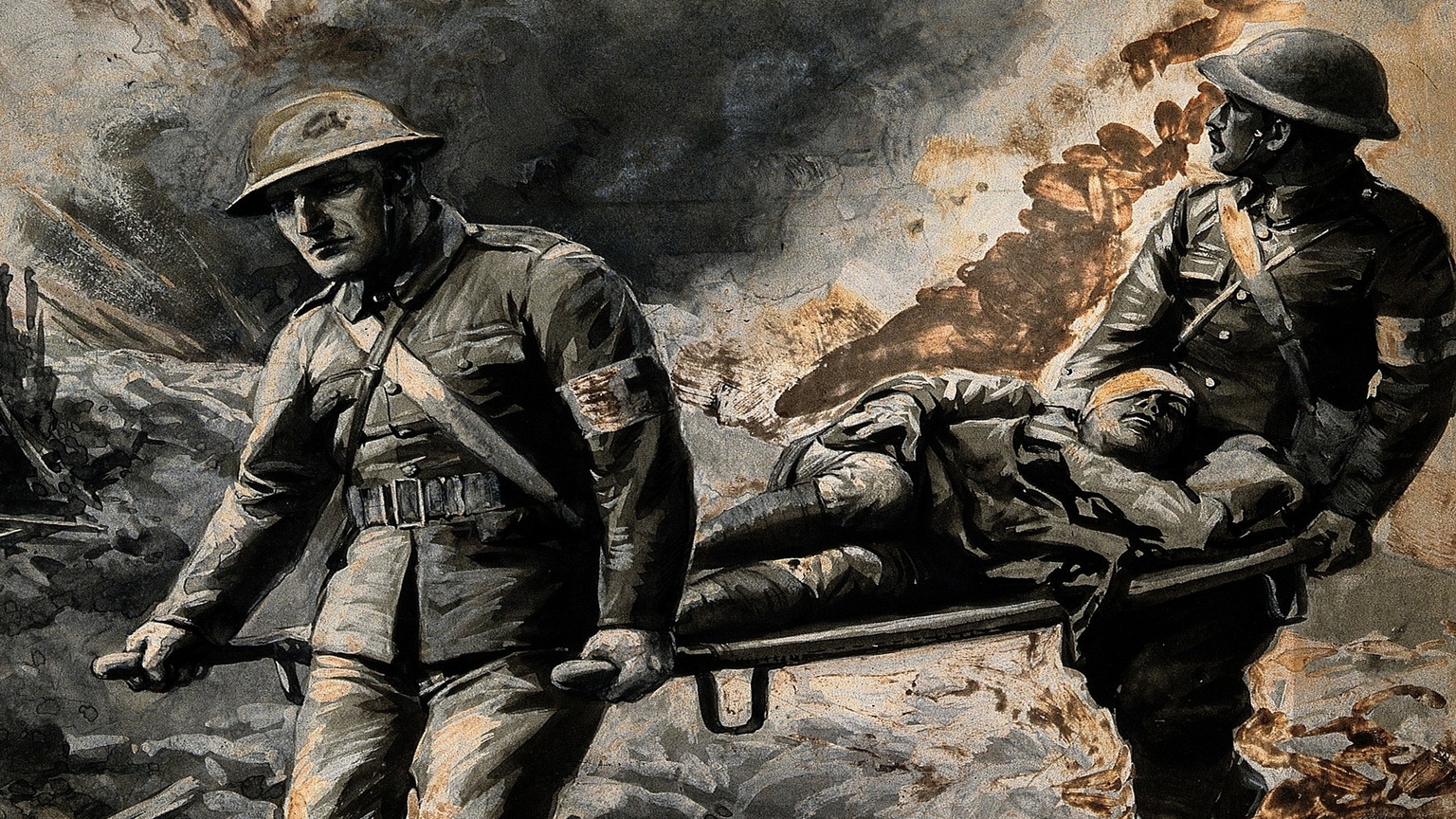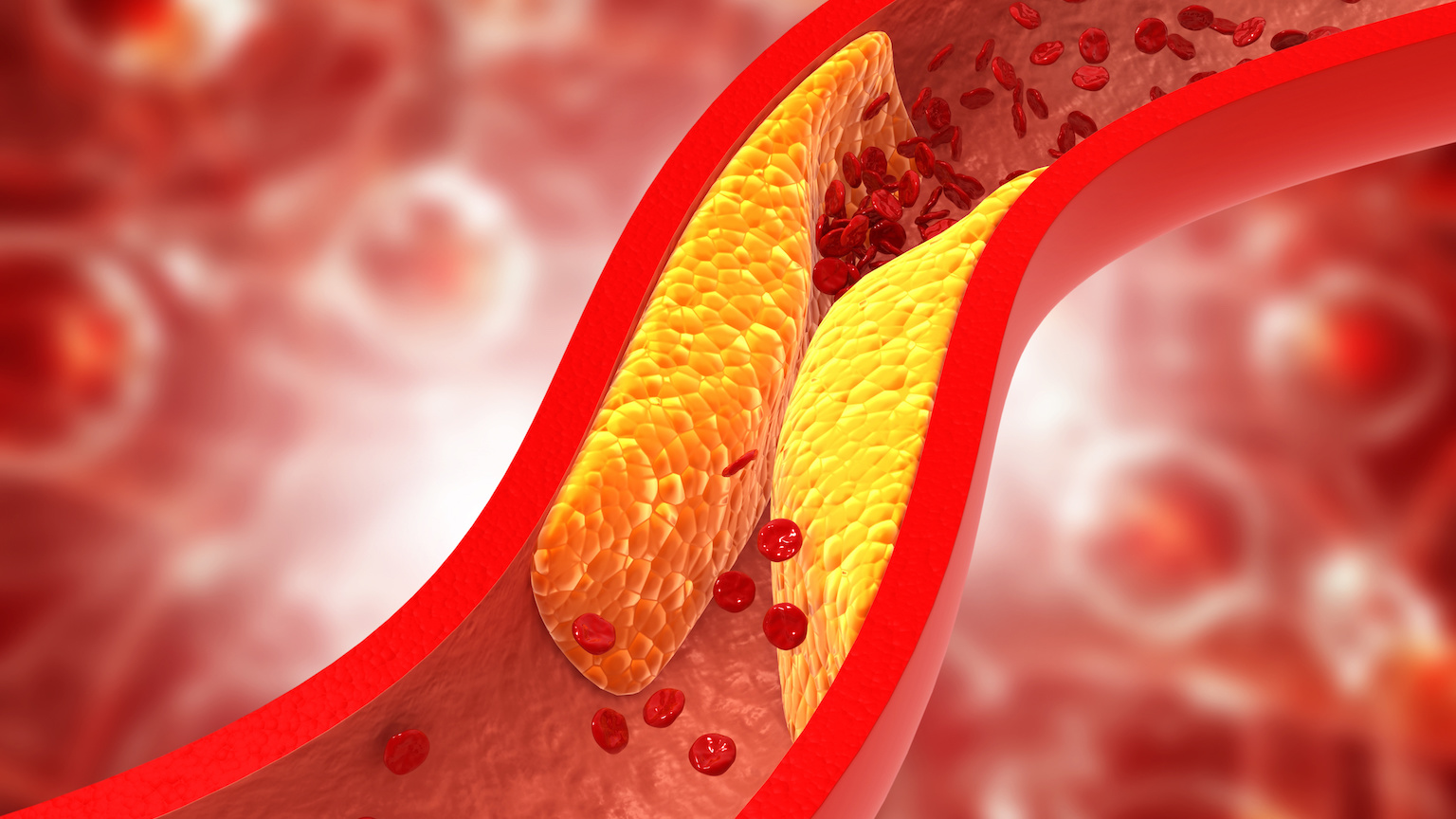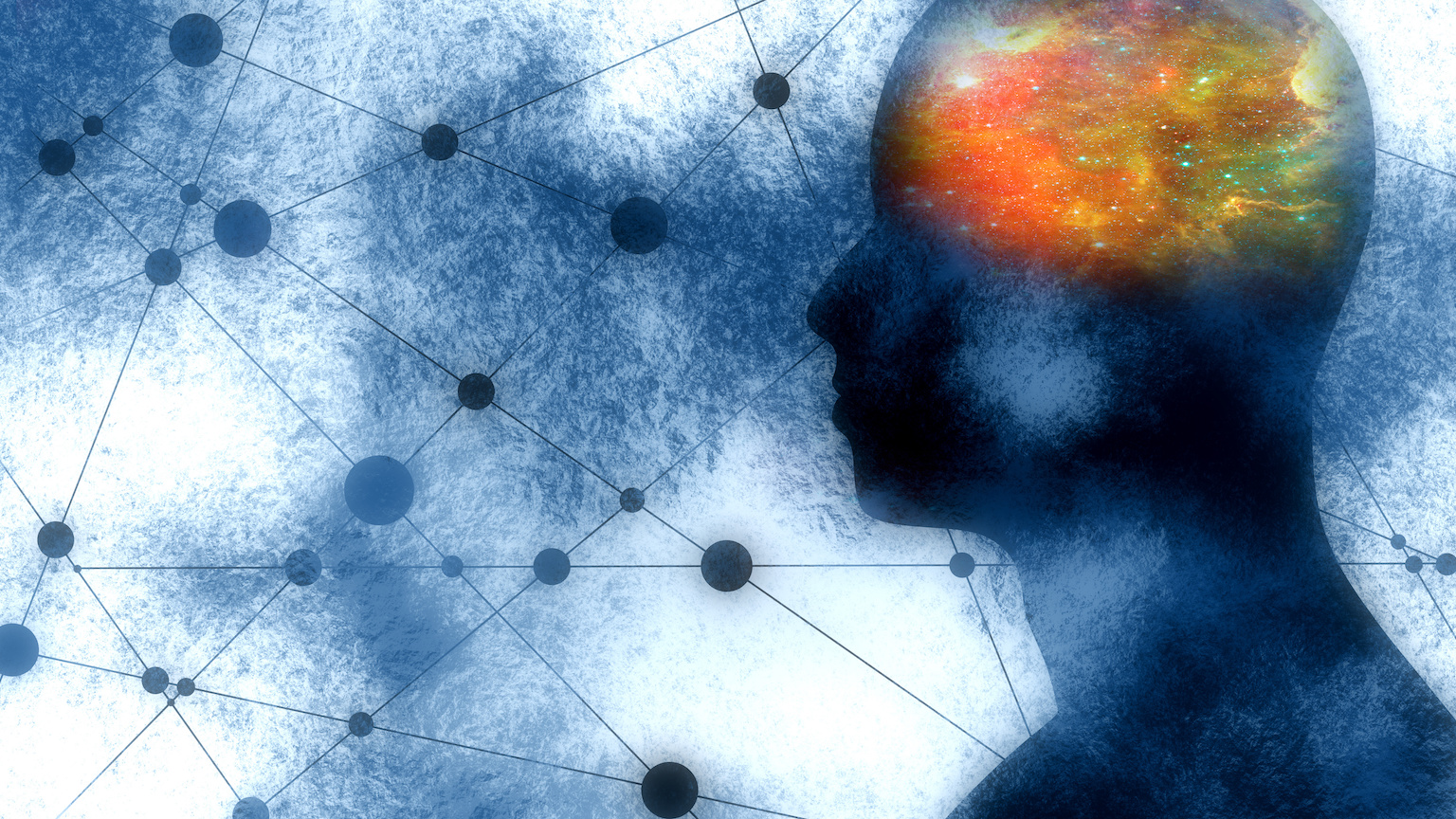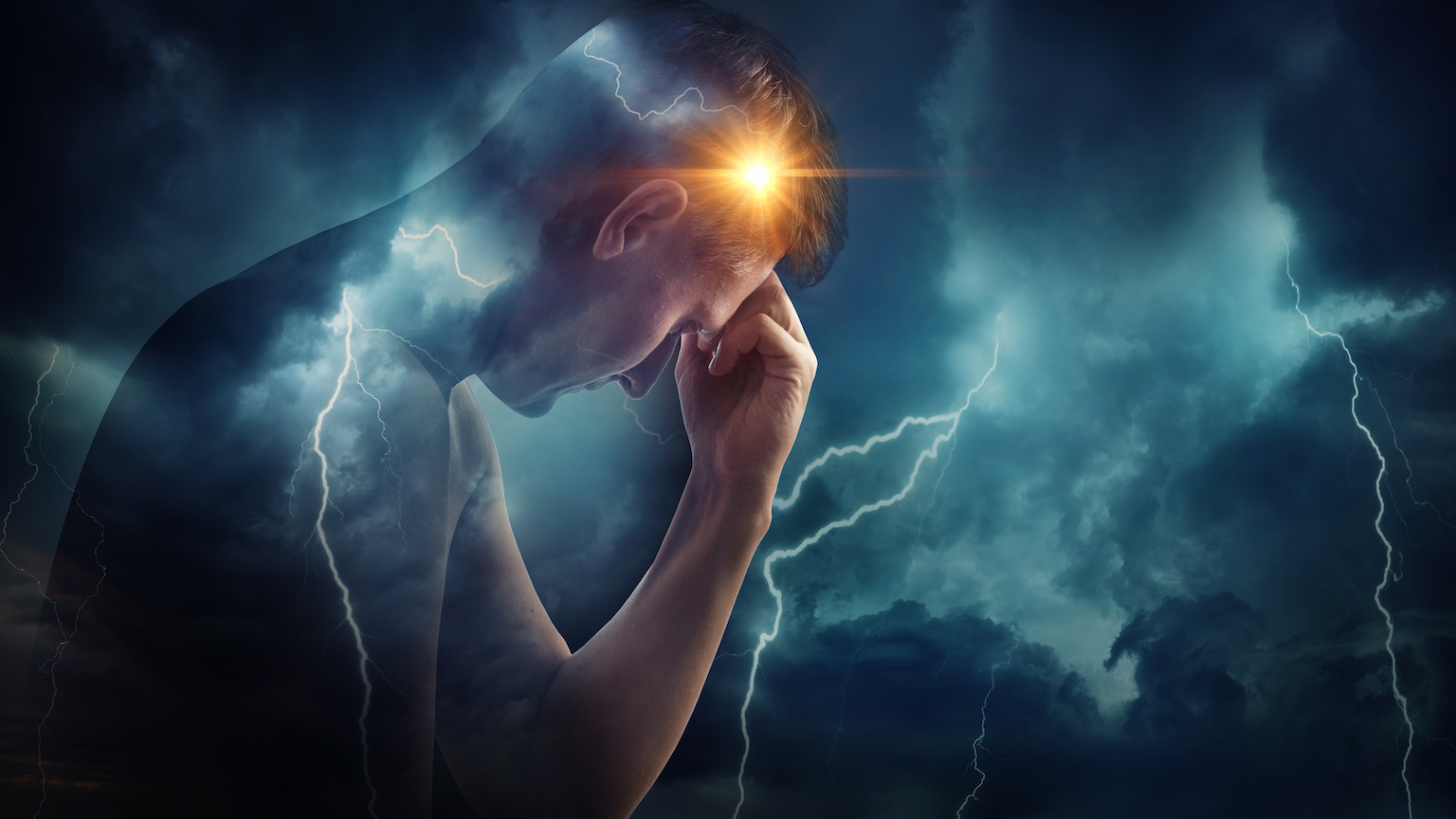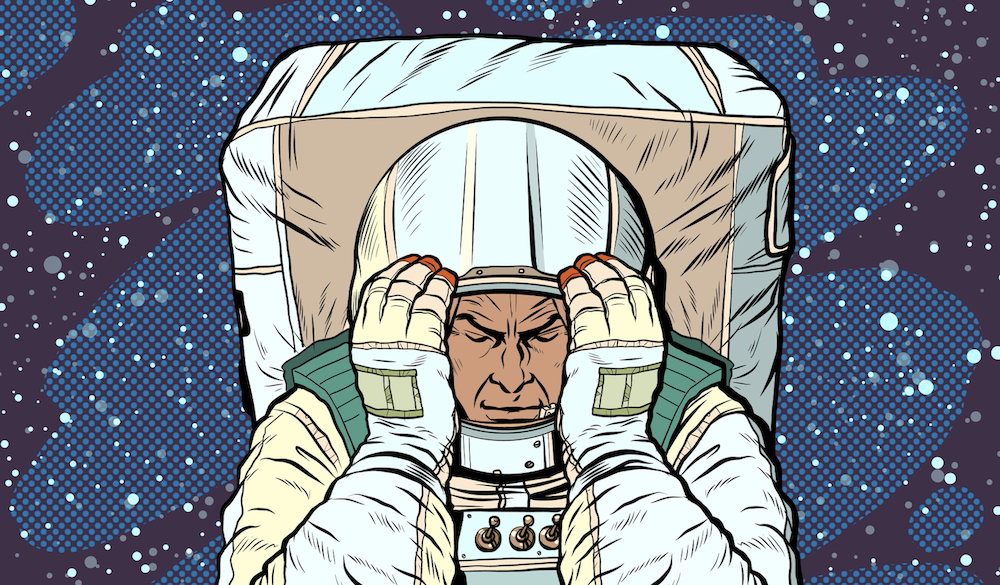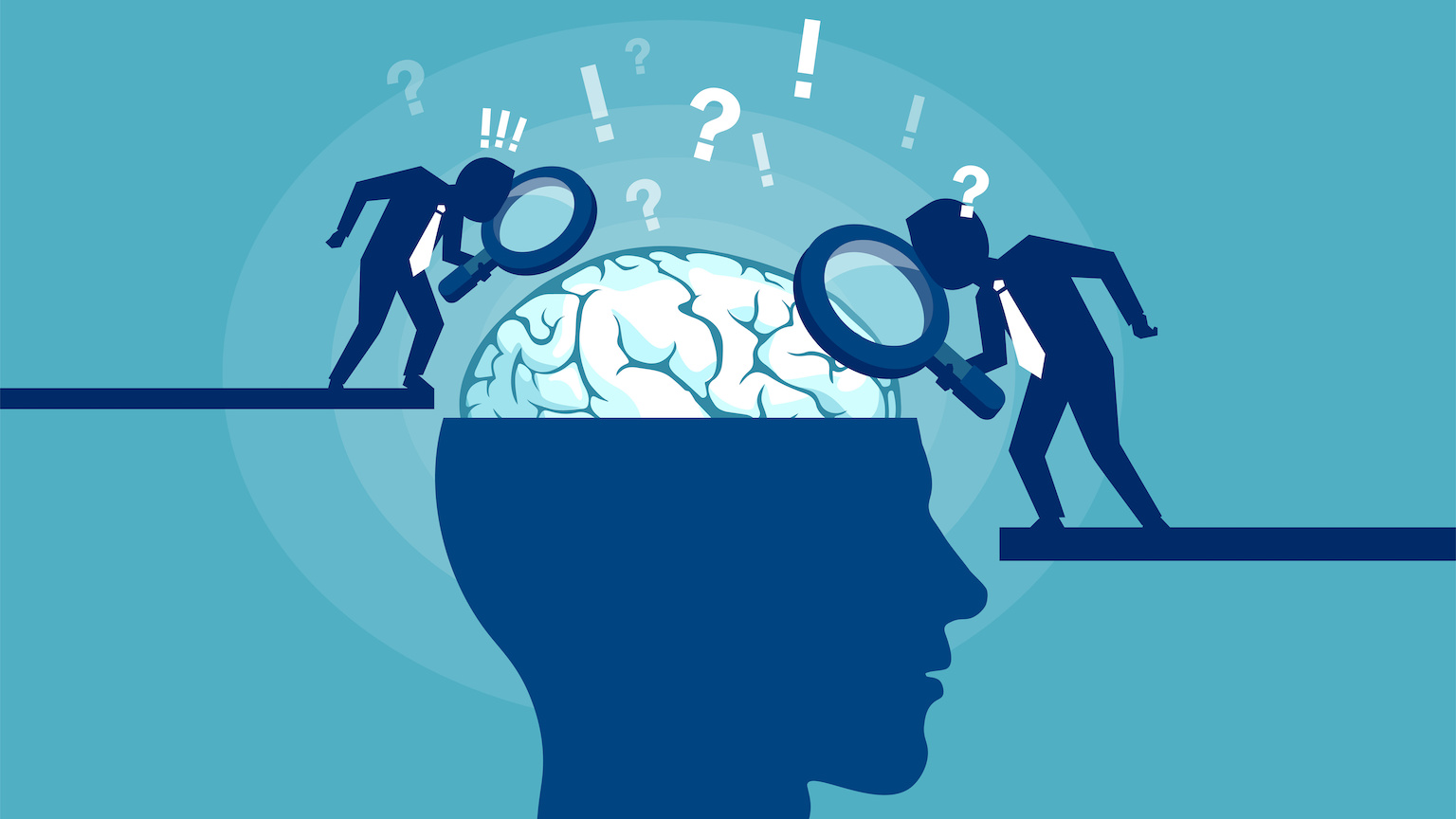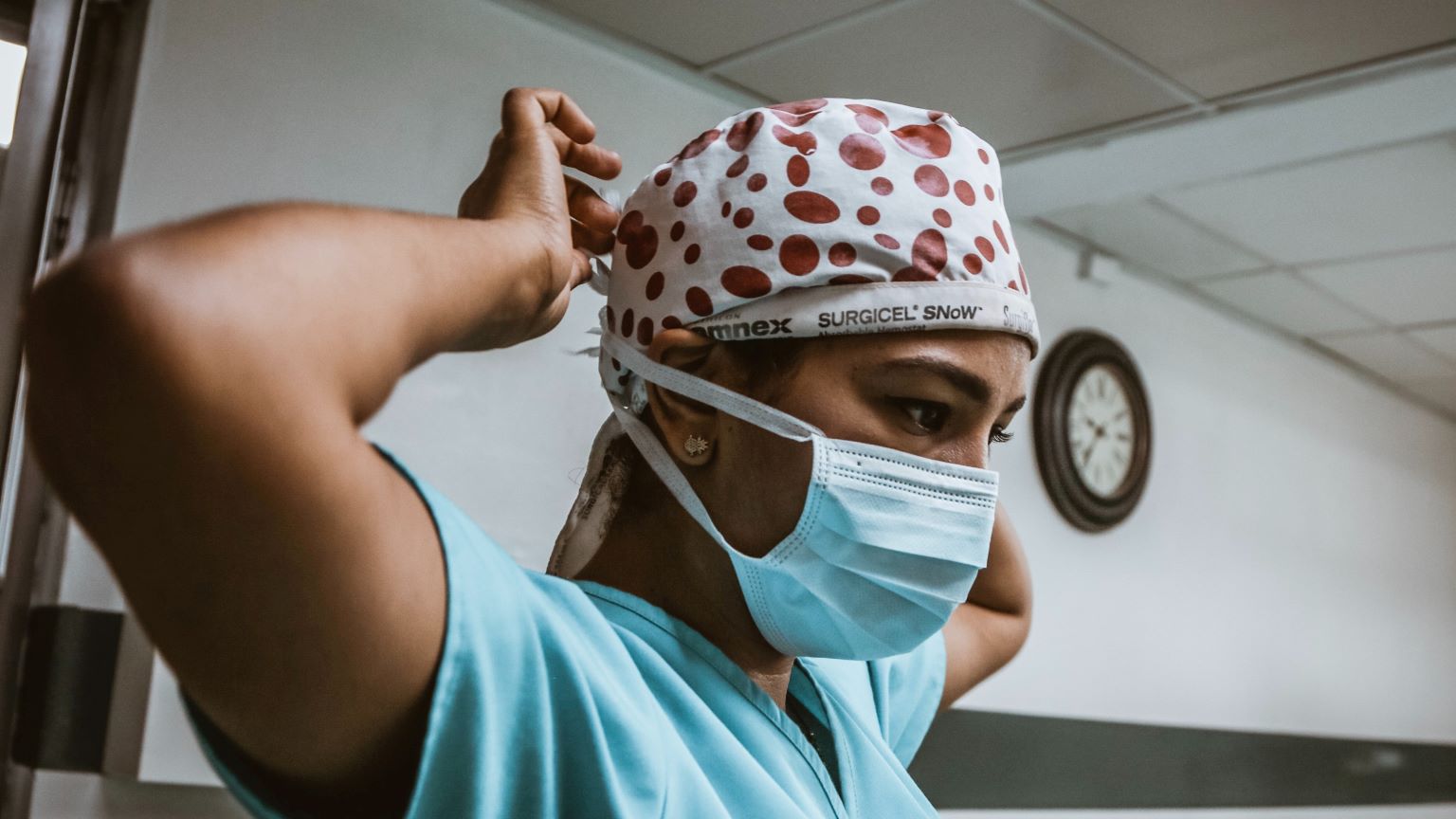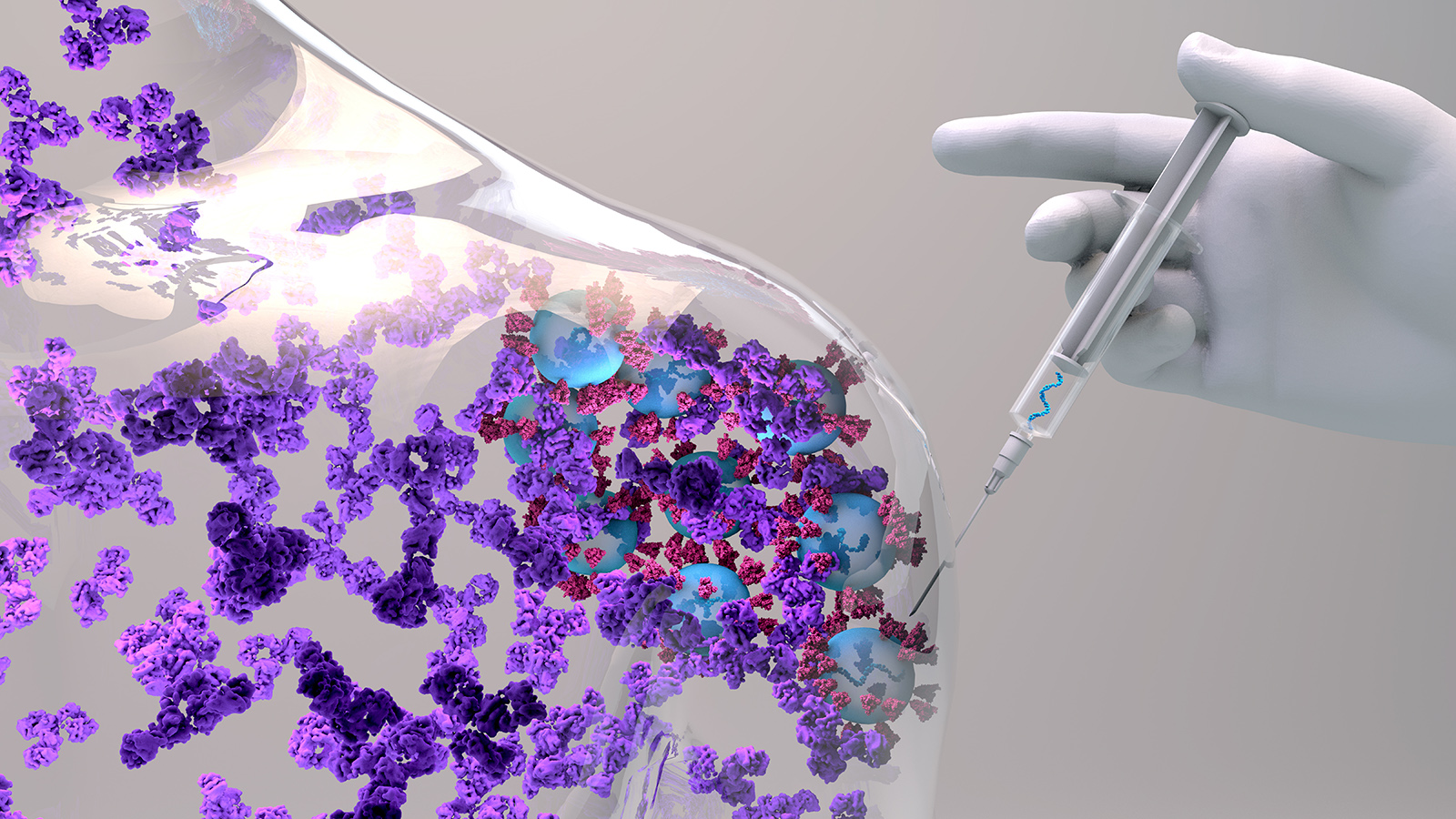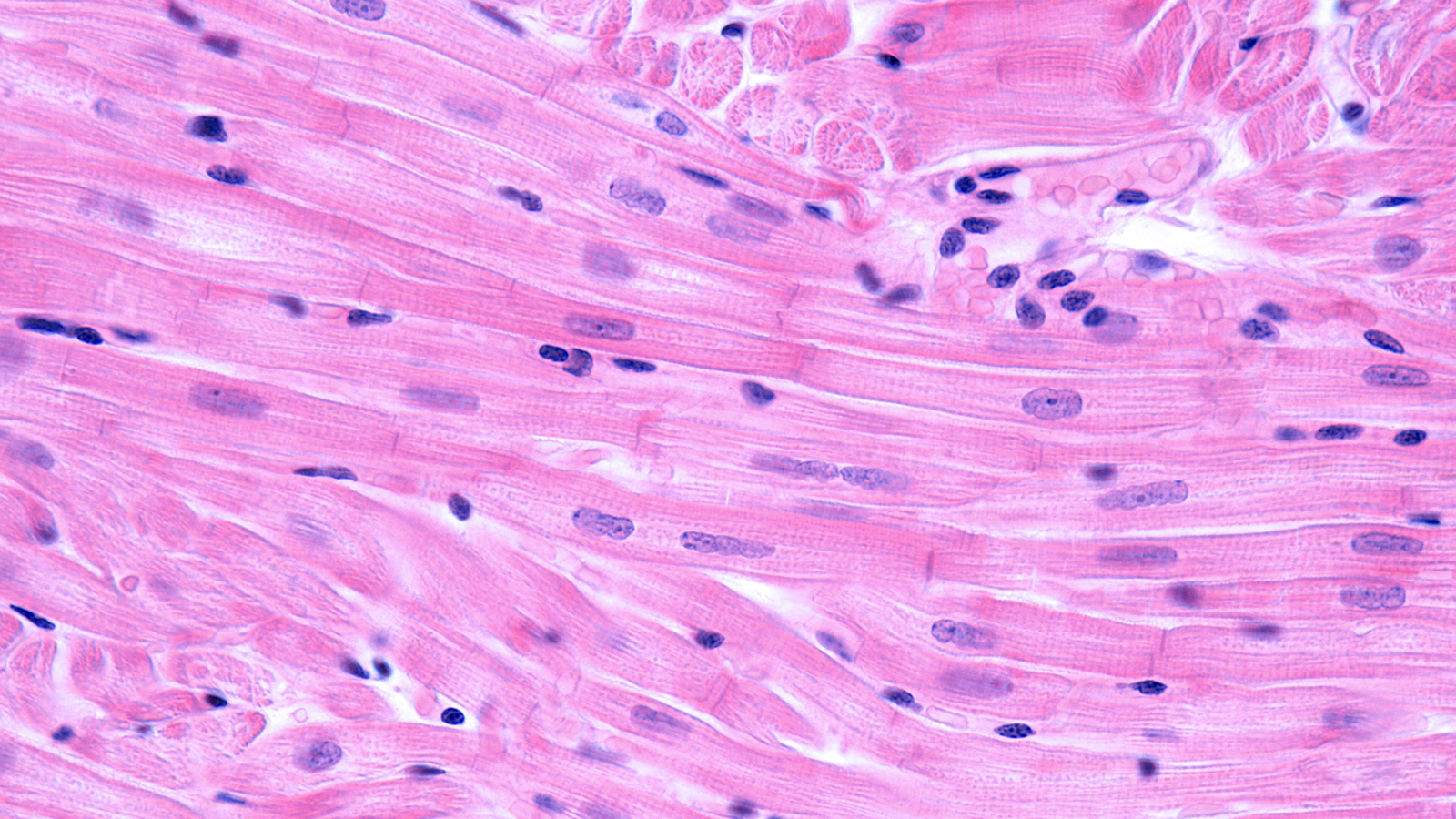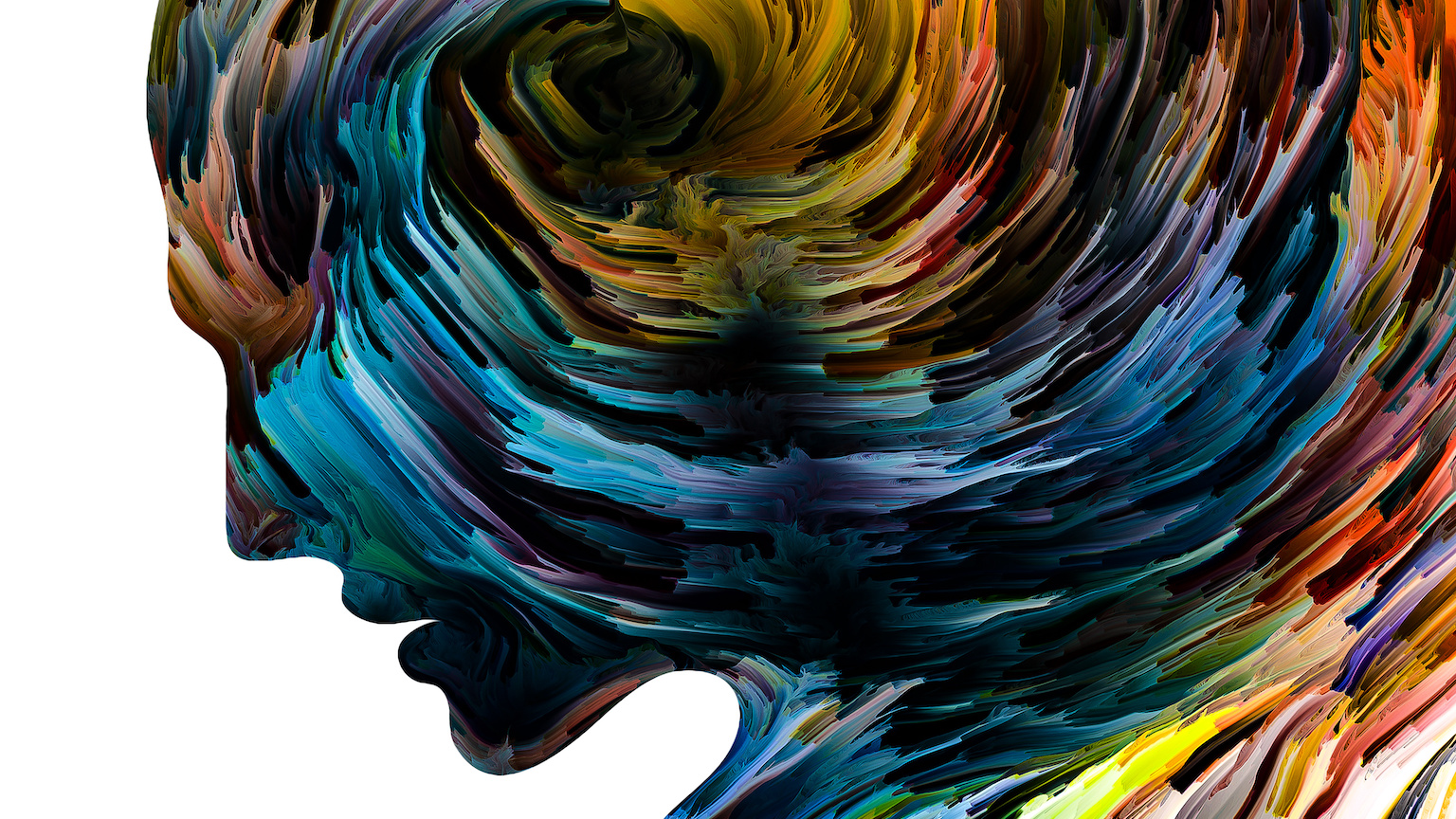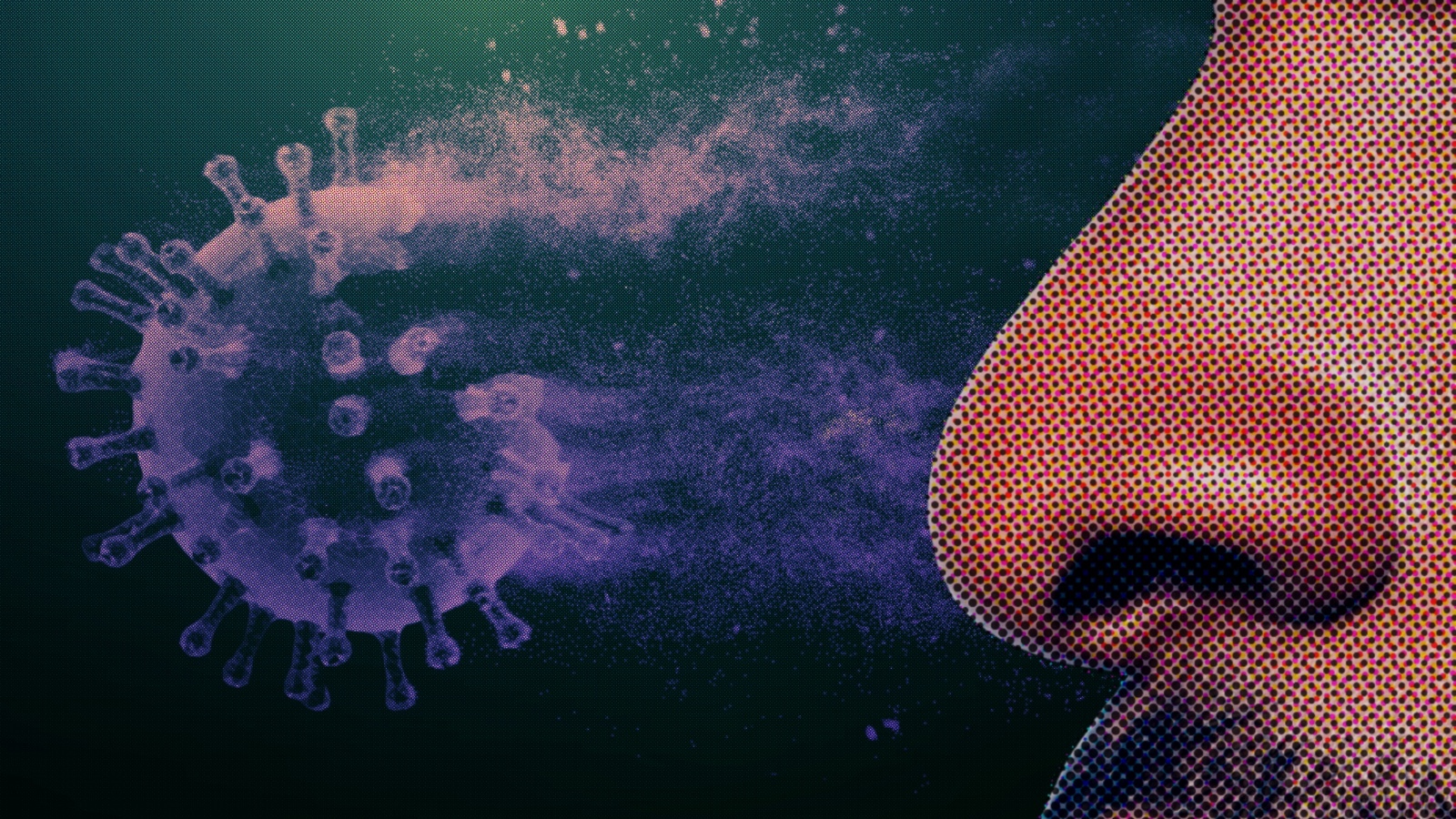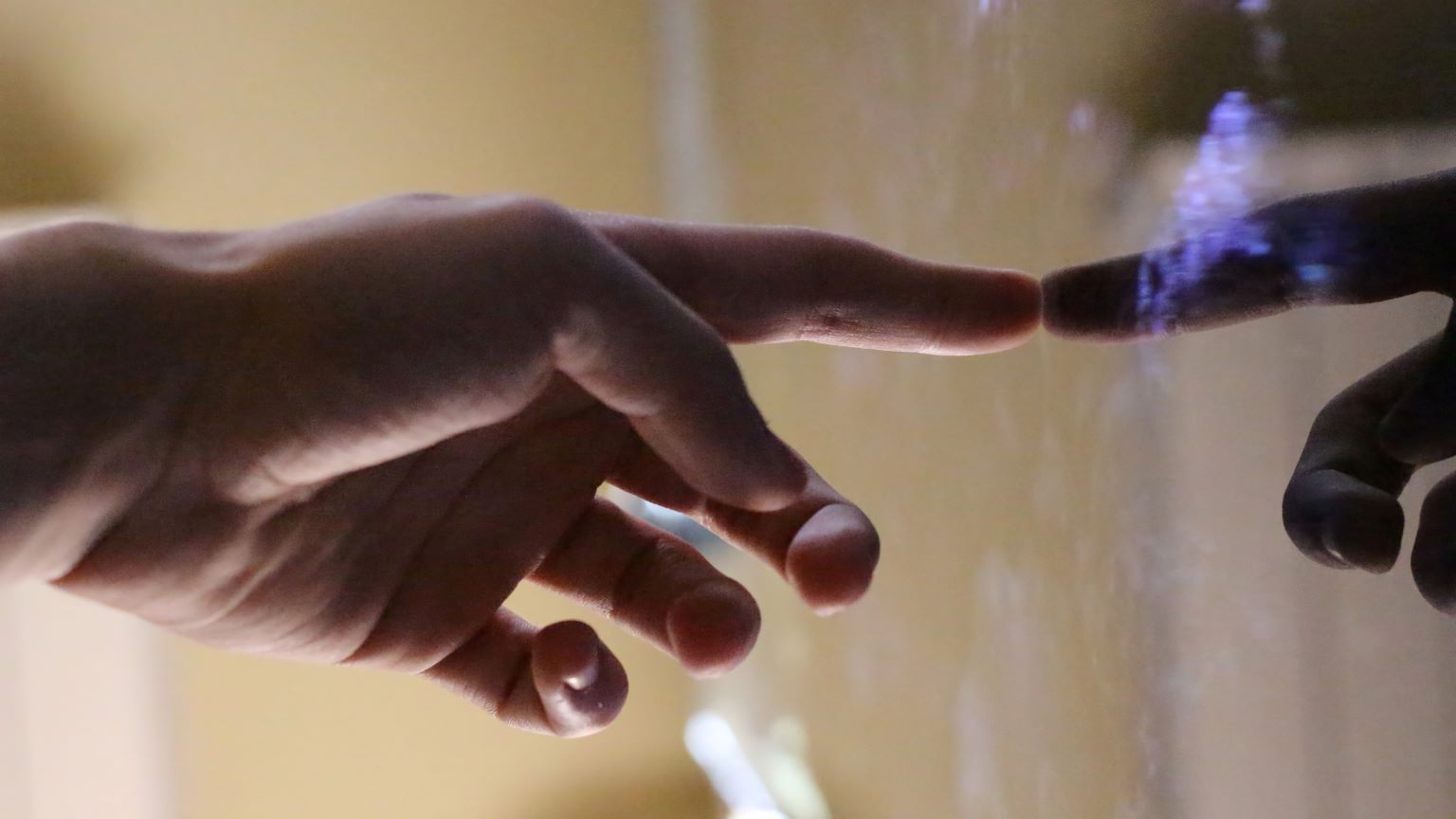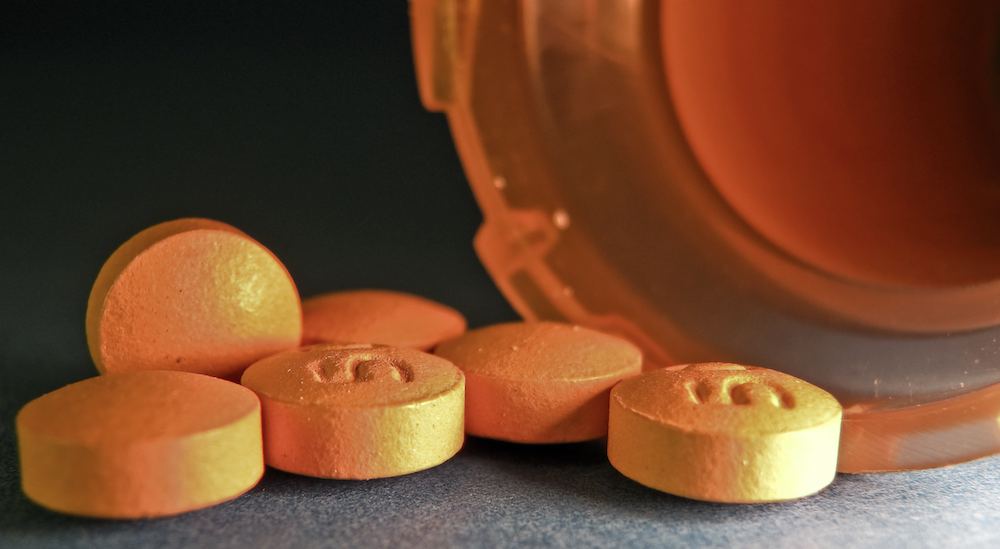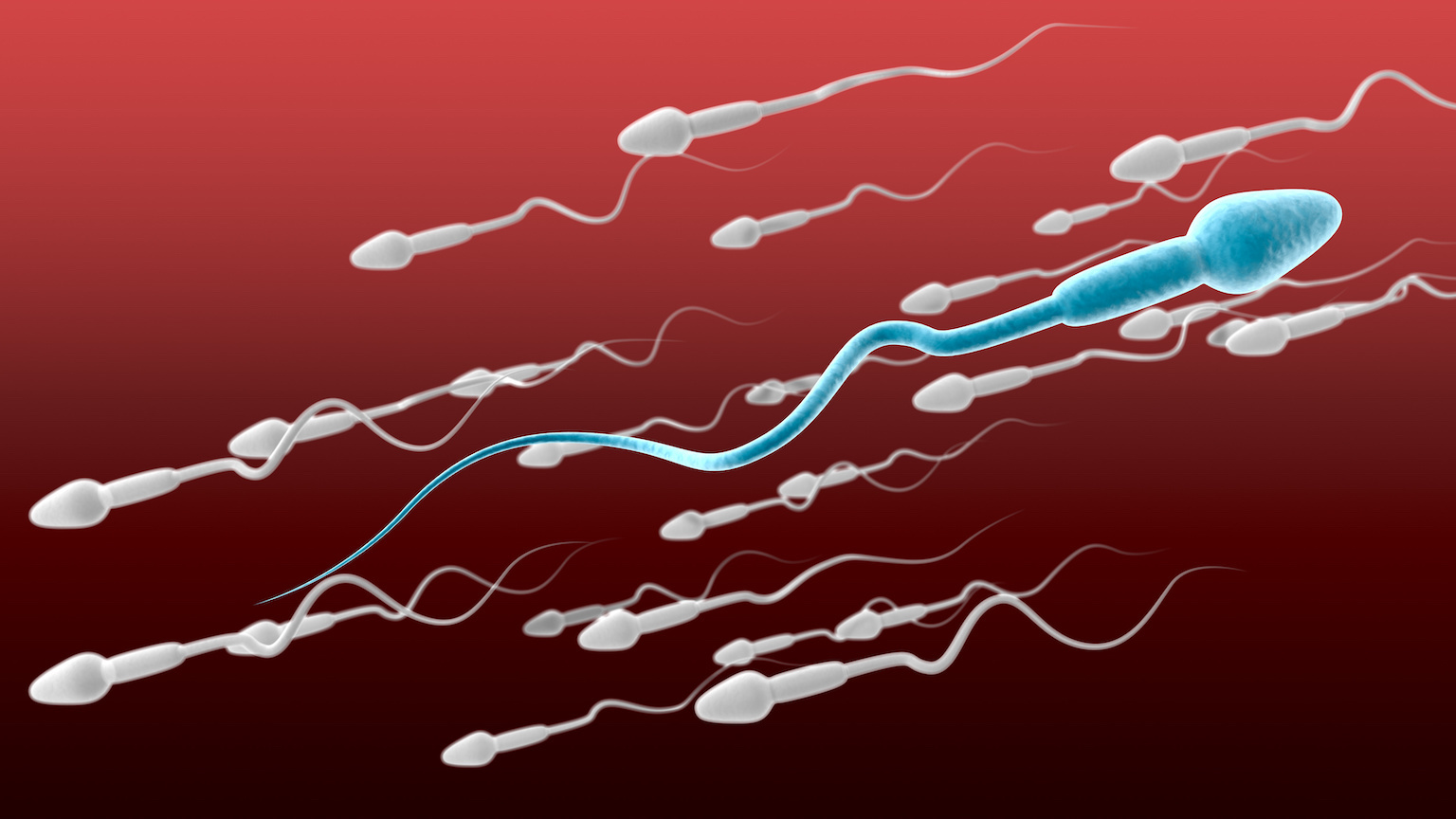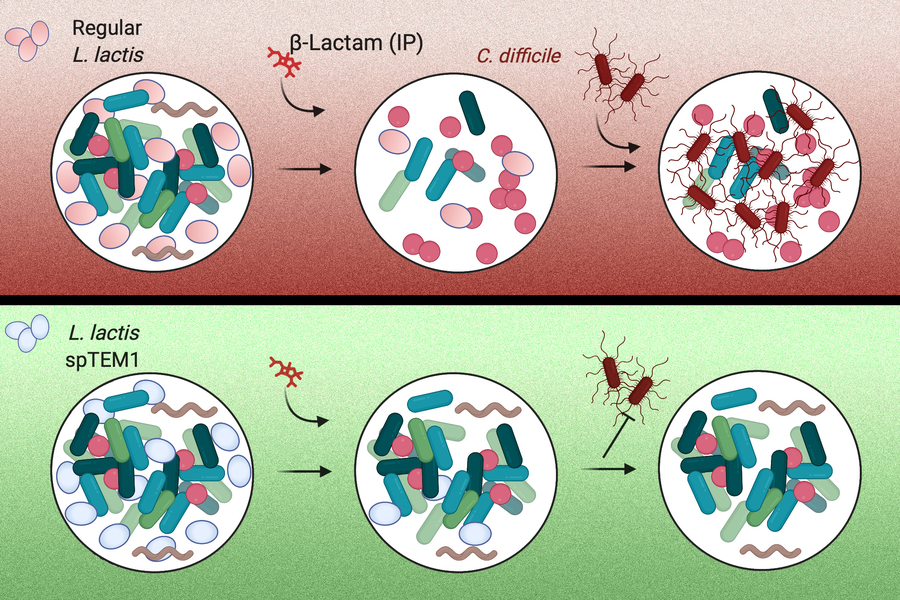medicine
Music and sounds only seem to reduce pain in mice when played at a specific volume.
More than 20% Americans live in a state with access to a medically assisted death.
Myrkl (pronounced “miracle”) is supposed to let you go wild without facing the consequences the next day. But does it actually work?
Noradrenaline-targeting drugs, including blood pressure, depression, and ADHD meds, improve Alzheimer’s disease symptoms.
From ibuprofen to fentanyl, it’s about meeting the pain where it’s at.
A successful trial that tested a vaccine against bladder cancer in dogs could help develop a similar one for humans.
The weird and wild ways mummy fever swept through Europe.
Two ICU physicians offer a new approach to stopping it.
All marbled crayfish descended from a single clone discovered in Heidelberg, Germany in 1995.
“Lac-Phe” grants obese mice the benefits of exercise — without exercising. But don’t expect an “exercise pill.”
The common drug is called gabapentin, which is currently used to control seizures and manage nerve pain.
Scientists found a way to revert pain in mice using gene therapy. Perhaps the same technique could be applied to humans.
Before the war, medical experts treated the body as a sum of its parts. Conditions like wound shock and brain damage called for a change in perspective.
The plant-like sea creatures contain a molecule that improves memory, learning, and even hair quality, according to a new study in mice.
A doctor once joked that statins will be added to the water supply. Humor aside, the data shows that statins really are a “wonder drug.”
An experiment in rats suggests that gene editing may be a treatment for anxiety and alcoholism in adults who were exposed to binge-drinking in their adolescence.
Drugs that stifle acute inflammation may prevent the body from healing properly.
Data from NASA, ESA, and Roscosmos suggest that long durations in space cause changes in the brain, some of which are linked to vision problems.
Protein fibrils accumulate in the brain during neurodegeneration. Cryo-electron microscopy has now uncovered fibrils of an unexpected protein.
The Spanish language has the ability to minimize and exaggerate by the simple addition of a suffix.
A new wave of preventative cancer vaccines are set to begin trials.
The same technology behind the COVID-19 vaccines may enable the first damage-reversing heart attack cure.
A study finds prescription medications and dangerous unlisted ingredients in ordinary supplements.
SIDS deaths have decreased worldwide, but research has yet to solve this medical mystery.
Disulfiram is an FDA-approved drug for the treatment of chronic alcoholism. It might also serve as anti-anxiety medication.
Shoving platelet-rich plasma up your nose might restore your sense of smell after COVID. But whether it actually works still needs to be sniffed out.
Can electrical stimulation meaningfully substitute for natural touch during a complex task in the real world? We think so.
Behavioral interventions may be better for long-term health.
A new, easy-to-use, $5-device helps address male infertility. It isolates healthy sperm cells based on their natural behavior.
Standard probiotics cannot compare to the diversity that your microbes have.

